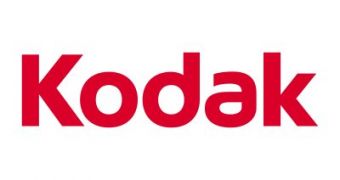Often, companies will sign cross-patent agreements in order to push their technologies forward or to simply settle certain patent-infringement lawsuits, legal actions that emerge between competing companies. Two technology corporations that are eager to build more and better technologies are Eastman Kodak Company and Samsung Electronics Co. Ltd. The two have announced their entrance into a technology cross-license agreement and will now be allowed to use each other's technological portfolios in the development and manufacture of new products.
“We are pleased to have reached a mutually beneficial arrangement that advances the interests of Kodak and Samsung and which validates the strength of Kodak’s intellectual property portfolio,” Laura G. Quatela, chief intellectual property officer and vice president, Eastman Kodak Company, said.
While the financial details of the agreement have not been disclosed, it is known that the pact involved the condition that Samsung paid a certain amount of royalties to Kodak. The latter indeed received a payment, credited towards its royalty obligation, back in December.
The pact has another side to it, besides merely the permission to use the respective patents. Both Kodak and Samsung will have to move for the termination of all infringement proceedings and patent-infringement lawsuits that the two have filed against each other over the years. Both companies will request this before the U.S. International Trade Commission and the other courts where lawsuits are pending or are in progress.
Legal disputes between Samsung and Kodak are being investigated, or are pending investigation, under the German Courts and the U.S. District Court for the Western District of New York. The ITC is expected to conclude its proceedings by the end of January 2010.
Both the technology cross-license agreement and the litigation settlement will become effective as soon as the International Trade Commission approves them.

 14 DAY TRIAL //
14 DAY TRIAL //